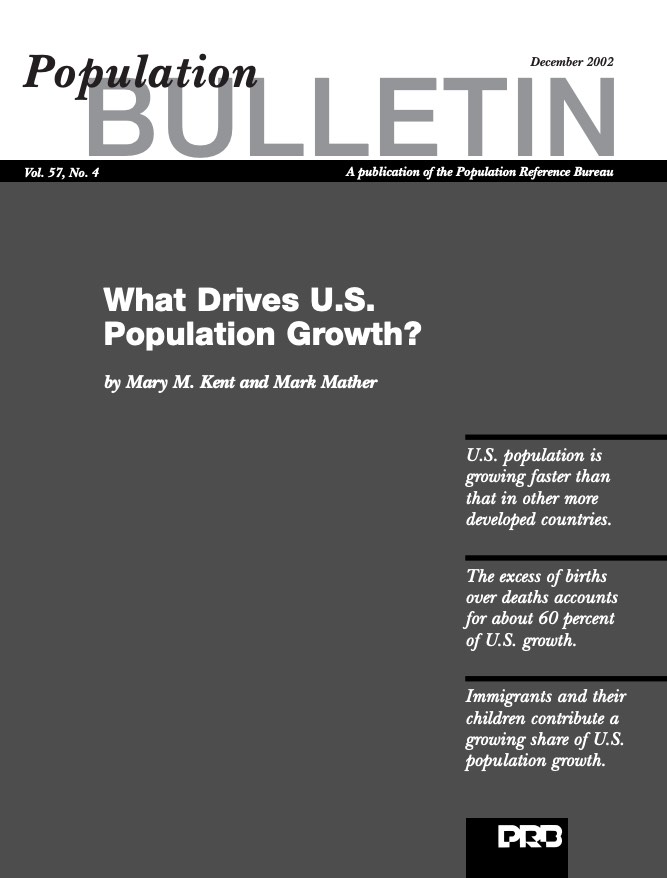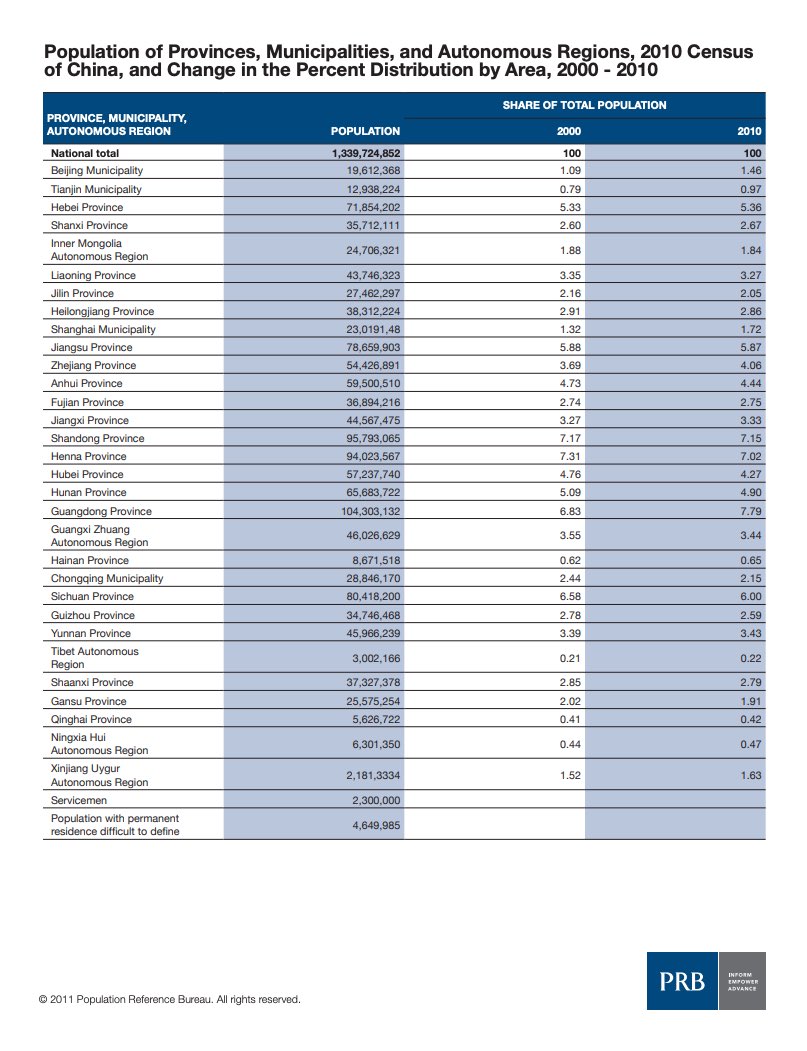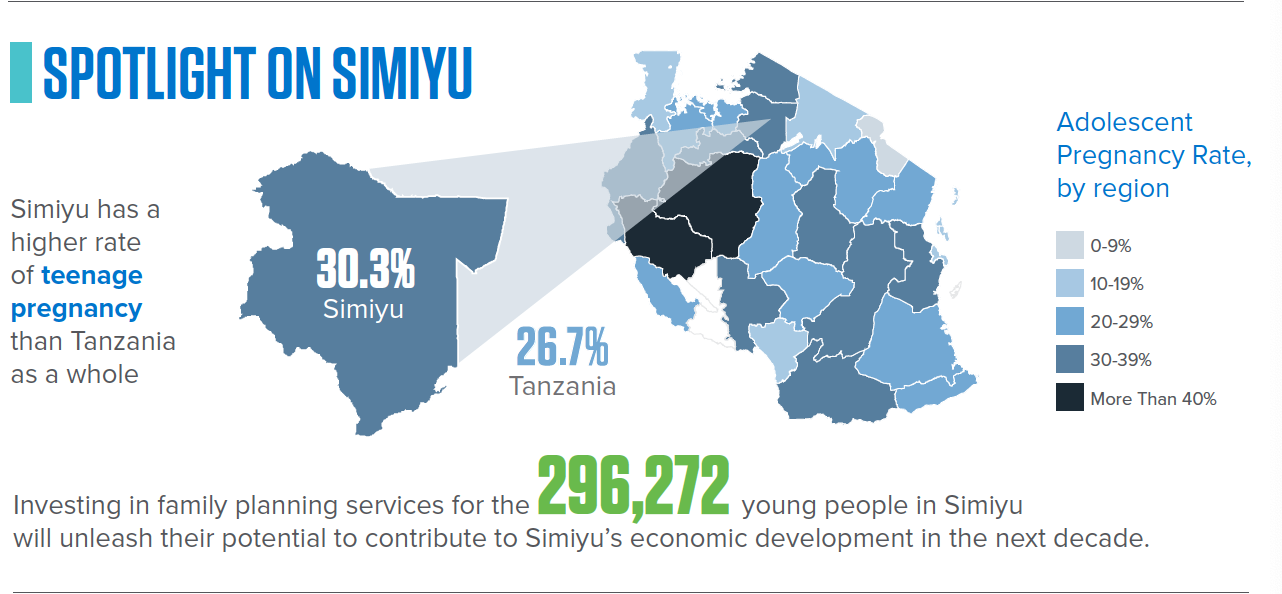504 Search Results Found For : "demographic dividend"
PRB Discuss Online: The Well-Being of Older Populations
(2010) In many countries, the elderly now make up an unprecedented share of the population. This increase in the number of older people has implications for national budgets, labor force growth, and family support systems.

What Drives U.S. Population Growth?
(2002) The U.S. population is growing as fast as or faster than any other more developed country. Between 1990 and 2000, nearly 33 million people were added to the U.S. population—a group nearly as large as Argentina's population, and the greatest 10-year increase ever for the country.
PRB in the News: Diana Elliott Discusses the Labor Shortage With NPR
“The employers who think more creatively about policies are the ones who are going to come out ahead in the next couple of decades,” Elliott said.
21st Century Will Transform World Population
(2001) It is now clear that the 21st century will feature a major transformation in world population.

Tables: China Releases First 2010 Census Results
(2011) China, the world's only other "demographic billionaire," along with India, released the results of its Nov. 1, 2010 Census on April 28.
STI Risks High Among Zimbabwe’s Youth
(2003) With young people comprising a sizable proportion of Zimbabwe's population, government officials, health workers, and community leaders face the overwhelming task of meeting the reproductive health needs for this special group.

Project: Empowering Evidence-Driven Advocacy
Accelerating Family Planning Progress in Tanzania
Data from the latest Demographic and Health Survey show that Tanzania did not achieve its commitment to increase the contraceptive prevalence rate to 60 percent by 2015.
